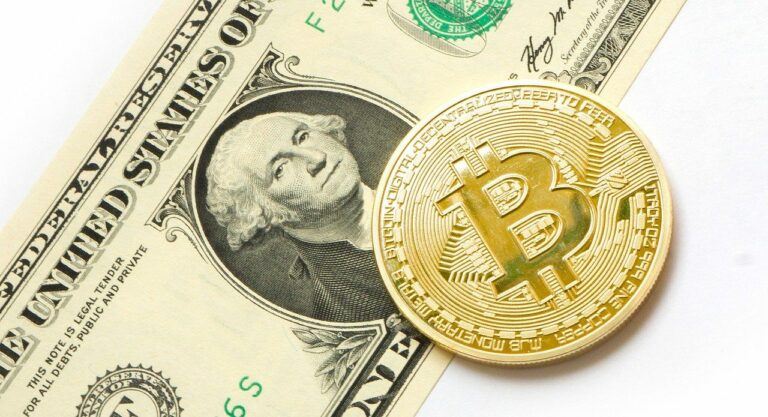Bitcoin and cryptoassets may provide a solution for the unhygienic use of fiat currency, particularly in light of the coronavirus outbreak.
According to a previous report by the South China Morning Post (SCMP), the People’s Bank of China (PBOC) has been collecting and destroying banknotes over the last month from hospitals, wet markets, and buses affected by the coronavirus.
In addition to destruction, commercial banks are also being encouraged to remove banknotes from circulation and attempt to disinfect them. The PBOC has said it is sanitizing cash via high temperatures, ultraviolet light, and a fourteen-day quarantine before allowing the money to re-enter exchange.
Coinbase CEO Brian Armstrong took to Twitter to poke fun at the PBOC’s policy of disinfecting fiat. In a tweet published Mar. 19, Armstrong pointed out that cryptocurrency avoids the unhygienic process of exchanging physical banknotes.
We're working hard to make it easier for people to use global, inflation proof, digital payments with crypto!
Passing paper currency and coins between people has never been hygienic.https://t.co/fgzB688yaC
— Brian Armstrong (@brian_armstrong) March 19, 2020
The PBOC’s decision to destroy and disinfect fiat coincided with a previous report of a South Korean man microwaving 1.8 million (about $1,400) KRW ($1435). According to a report by news outlet AllKPop, the man was attempting to disinfect the bills but accidentally destroyed the banknotes in the process. The report claims that similar cases have been popping up across South Korea, including an individual in Busan who microwaved 1.95 million KRW (about $1,550).
While few could have predicted the impact of the virus on the circulation of cash, it highlights another way that fiat is becoming rapidly outdated in a modern world.
In addition to avoiding the physical interaction of fiat exchange, bitcoin provides users with a more modern approach to exchanging money. Central banks around the globe have been considering a switch to digital currencies, even before the financial meltdown caused by coronavirus’s outbreak.
Armstrong also highlighted the danger of coronavirus’s impact on the inflation of value for fiat currencies. Most governments have already resorted to a policy of quantitative easing, which involves introducing billions of new fiat in an attempt to stimulate flagging financial institutions. However, some analysts are referring to the decision as a “money printing scheme,” which will introduce substantial currency inflation.
According to Armstrong, payment apps that rely upon traditional fiat as opposed to cryptocurrency are in danger of being affected by the coming inflation. He advocated the need for a global money system safe from government injection, such as bitcoin.
Most peer to peer payment apps today are U.S. only and fiat currencies are going to lose their value more quickly with upcoming inflation.
It's time for the world to have a global payment system based on sound money.
— Brian Armstrong (@brian_armstrong) March 19, 2020
Featured Image Credit: Photo via Pixabay.com









